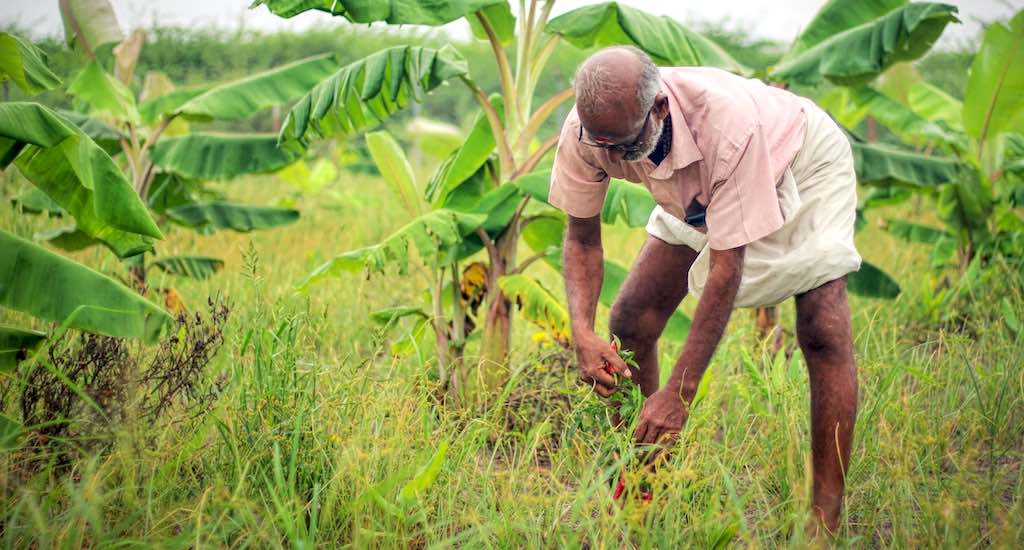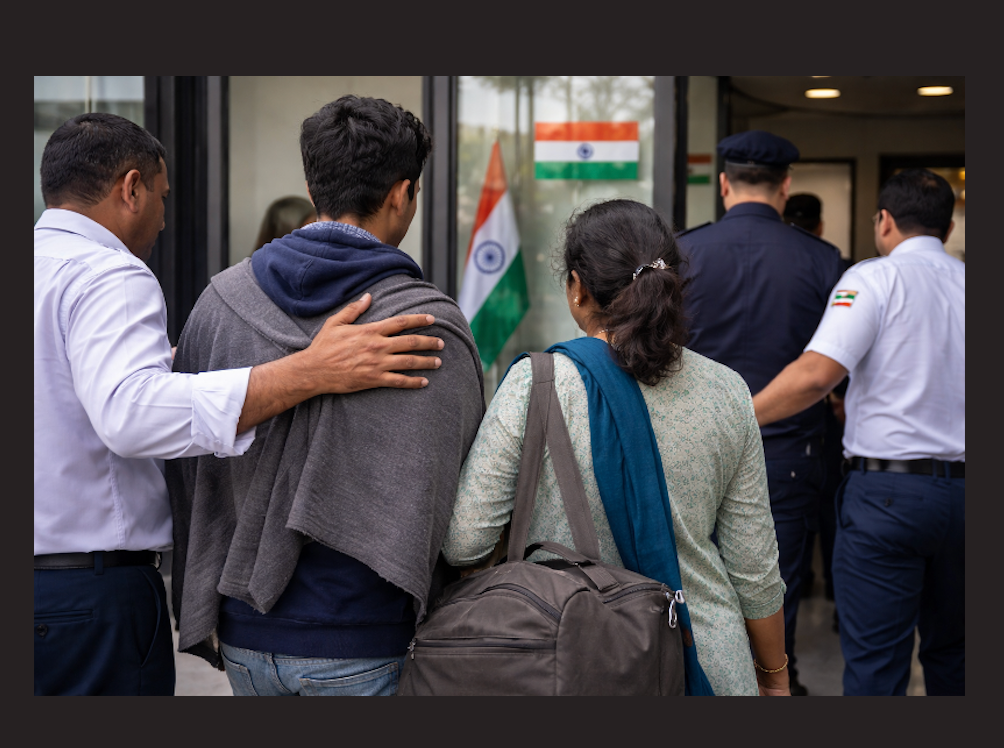Andhra Pradesh has emerged as a beacon of success in natural farming, thanks in large part to robust government support
In the verdant fields of Guntur in India’s southern Andhra Pradesh state, a pungent aroma fills the air, mingling with whispers of change, Loop News reported.
In his comments to Loop News, Ratna Raju the crop owner, said the aroma is a natural shield against the capricious onslaught of climate change.
Raju’s farm is a testament to a growing movement among Indian farmers, who are turning to natural farming practices to combat the increasingly erratic weather patterns wrought by human-induced climate change. With a blend of cow urine, jaggery, and other organic materials, Raju concocts a potent mix that serves as both fertilizer and pesticide, fortifying his corn, rice, and leafy greens against the onslaught of extreme heat and cyclones that plague the region.
Andhra Pradesh has emerged as a beacon of success in natural farming, thanks in large part to robust government support. Yet, despite the evident benefits, the transition to these methods remains slow across India’s vast agricultural landscape. The majority of farmers still rely on chemical pesticides and fertilizers, leaving them vulnerable when nature unleashes its fury.
The devastating impact of Cyclone Michaung served as a stark reminder of this vulnerability. While conventional farms faced ruinous floods, Raju’s natural oasis stood firm, the soil’s porous nature allowing it to absorb water swiftly. The Loop News report quoted neighboring farmers like Srikanth Kanapala, who witnessed firsthand the resilience of natural farming and are now eager to adopt these methods.
In the fields of Guntur and beyond, the seeds of change have been sown, carrying with them the promise of a more sustainable and resilient future for Indian agriculture
The shift towards natural farming is gaining momentum, with an estimated 700,000 farmers in Andhra Pradesh alone making the transition. Government initiatives have played a pivotal role, yet advocates stress the need for greater investment and political will to drive widespread adoption.
According to the report, for pioneers like Meerabi Chunduru, the switch to natural farming was motivated by more than just agricultural concerns. Concerns over her husband’s health, likely impacted by prolonged exposure to harmful pesticides, underscored the urgency for change. The health risks associated with chemical pesticides have long been a concern, with recent legal cases highlighting their potential dangers.
Despite the clear advantages of natural farming, skeptics remain entrenched in conventional paradigms. Political inertia, coupled with a lack of standardized guidelines and viable supply chains, poses challenges to widespread adoption. Yet, proponents argue that the long-term benefits far outweigh the short-term conveniences of chemical alternatives.
As Chunduru reflects on her journey, she envisions a future where natural farming is not just a niche practice but a cornerstone of India’s agricultural landscape. Beyond bolstering soil health and crop resilience, she sees it as a pathway to nourishing both body and land for generations to come.
In the fields of Guntur and beyond, the seeds of change have been sown, carrying with them the promise of a more sustainable and resilient future for Indian agriculture.
***********************************************************************
Readers
These are extraordinary times. All of us have to rely on high-impact, trustworthy journalism. And this is especially true of the Indian Diaspora. Members of the Indian community overseas cannot be fed with inaccurate news.
Pravasi Samwad is a venture that has no shareholders. It is the result of an impassioned initiative of a handful of Indian journalists spread around the world. We have taken a small step forward with the pledge to provide news with accuracy, free from political and commercial influence. Our aim is to keep you, our readers, informed about developments at ‘home’ and across the world that affect you.
Please help us to keep our journalism independent and free.
In these difficult times, running a news website requires finances. While every contribution, big or small, will make a difference, we request our readers to put us in touch with advertisers worldwide. It will be a great help.
For more information: pravasisamwad00@gmail.com








